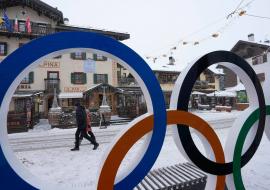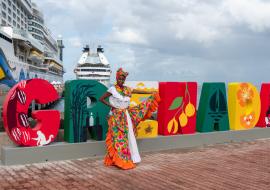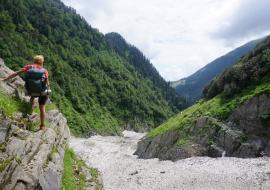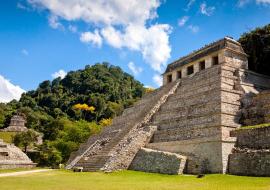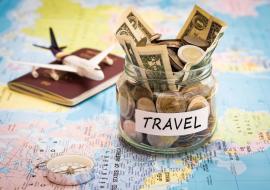Luxury Travel Market Set to Surge by $578.72 Billion

The global luxury travel market is projected to expand by $578.72 billion between 2024 and 2028, driven by technological advancements, rising disposable incomes, and evolving traveler preferences, according to a report by Technavio.
The market is expected to grow at a robust compound annual growth rate (CAGR) of 7.31% during the forecast period, with segments such as adventure, personalized travel, and culinary tourism leading the charge. Emerging trends like sports tourism and bespoke experiences have also gained traction, supported by the increasing willingness of consumers to invest in high-end, unique travel experiences.
AI Shaping the Future of Luxury Travel
Artificial intelligence (AI) is revolutionizing the luxury travel sector by enhancing customer experiences and operational efficiency. From personalized itineraries to predictive analytics for seamless services, AI-powered tools are enabling travel providers to cater to the growing demand for exclusivity and convenience. Travelers now seek curated experiences that include private island rentals, yacht cruises, and fine dining, often facilitated through advanced digital platforms and social media.
Rising Demand for Bespoke Experiences
Baby boomers and affluent millennials are driving the trend for highly personalized travel. Preferences include luxury safaris, culinary tours, and wellness retreats. Companies like Abercrombie & Kent offer exclusive packages, such as a $160,000 "Around the World" private jet adventure. Meanwhile, cultural immersion remains a top priority, with travelers seeking unique experiences that connect them to local traditions and cuisines.
Sports Tourism as a Lucrative Segment
Sports tourism has emerged as a significant contributor to the luxury travel market. Iconic events like the Olympics, FIFA World Cup, and Super Bowl attract millions of global attendees, boosting revenues for travel operators and destination economies. Over the past five years, this sector has witnessed exponential growth, with exclusive travel packages designed around major sporting events.
Challenges in Service Consistency
Despite its promising growth, the luxury travel market faces hurdles such as inconsistent service quality and geopolitical uncertainties. Discrepancies in service delivery and misleading advertisements can erode customer trust. Providers must prioritize reliability and transparency to maintain their market position, especially as discerning travelers demand impeccable standards.
Key Market Players and Regional Highlights
Leading companies in the sector include TUI AG, Scott Dunn Ltd., and Wilderness Travel, among others. North America and Europe continue to dominate the luxury travel landscape, while the Asia-Pacific region shows promising potential due to its burgeoning middle class and rising wealth.
Adventure Travel on the Rise
Adventure travel, encompassing activities like trekking, kayaking, and luxury safaris, is particularly popular among younger travelers. Vendors such as Classic Journeys and Intrepid Group are capitalizing on this trend by offering tailored packages to destinations like the Himalayas and Iceland. The growing interest in sustainable and outdoor experiences further fuels this segment's appeal.
The luxury travel industry stands at a transformative crossroads, with technology and evolving consumer behaviors reshaping its landscape. As demand for personalized, high-quality experiences grows, companies must innovate to stay ahead in this competitive and lucrative market.







